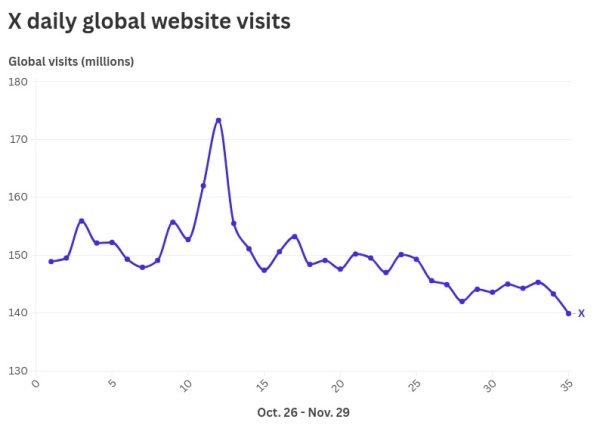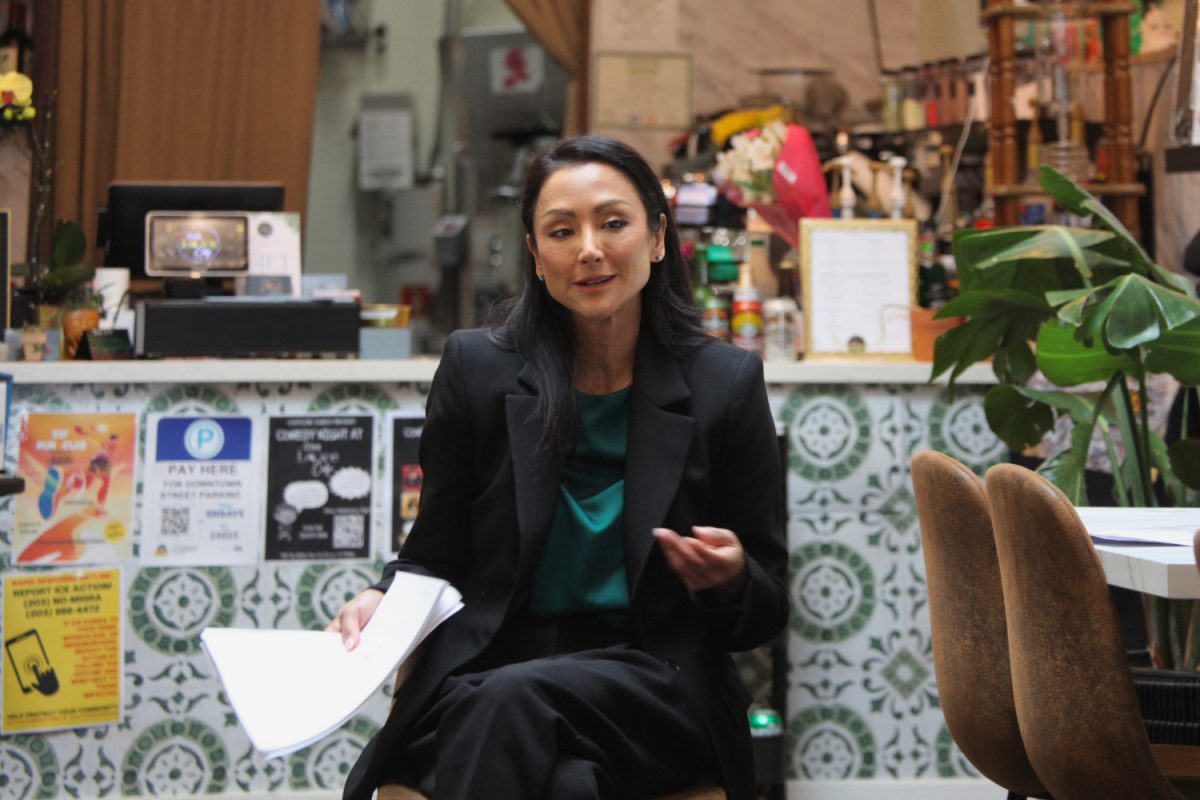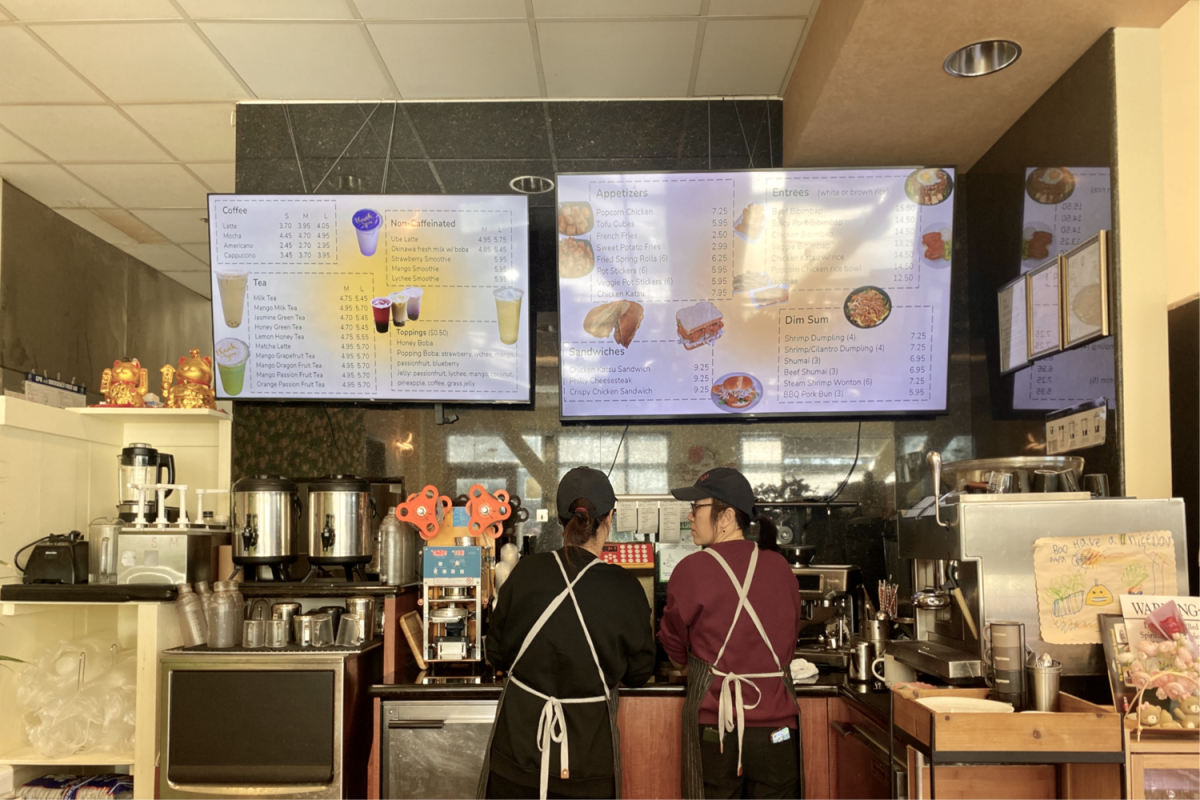Bluesky is an emerging social media platform similar to Elon Musk’s X offering a fresh option for fast-paced connection. According to Bluesky, the platform currently has 24 million users. CEO Jay Graber posted that Bluesky users grow by 10,000 every 10-15 minutes.
“Bluesky is in an interesting spot right now as it focuses on growing in a way that’s community-driven and open to new ideas,” said School Newspaper Online (SNO) Co-Founder Tom Hutchinson. “It has the potential to grow steadily as a trusted space for meaningful connections.”
Bluesky was created as a research project in 2019 by Twitter CEO Jack Dorsey and was formally launched as an independent company in 2021 with CEO Jay Graber. Bluesky was “invite-only” since last February and has grown since changing policies.
“I like the concept and have heard that Bluesky feels a bit more like what the original Twitter used to be,” said San Francisco resident Prateek Wakharkar.
According to Forbes, Bluesky’s growth can be partially credited to growing dissatisfaction among X users seeking an alternative. Elon Musk acquired X (formally Twitter) in 2022, a deal that Bluesky was left out of.
“The move to Bluesky isn’t about leaving other platforms but about adding an exciting new option,” Hutchinson said. “That said, we do expect to use X less since its algorithm has made it harder to connect with people in a safe and effective way. Bluesky, with its focus on giving users more control and privacy, feels like a much better fit.”
X is privately owned and doesn’t publicly disclose company metrics, but online web traffic has recently decreased, according to SimilarWeb, a website that tracks online traffic.

“I find X to be more of an echo chamber, too right-wing for my taste, and there are too many bots to have an enjoyable experience,” Wakharkar said.
Several content moderation policies changed since Musk’s acquisition. This included removing the Crisis misinformation policy, meaning X doesn’t address “false or misleading information that could bring harm to crisis-affected populations,” according to the archived Twitter page.
X removed the COVID-19 misleading information policy as part of this, which, according to the archived Twitter page, previously targeted “demonstrably false or misleading information about COVID-19 … which may lead to harm.”
X has also removed a section of the Civic integrity policy that prohibits posts containing misleading information about election outcomes, including “unverified information about election rigging” or “claiming victory before election results have been certified.”
Moreover, X has shifted how violating posts are dealt with. In line with X’s “Freedom of Speech, Not Reach” philosophy, policy enforcement leans more heavily toward limiting the visibility of the violating content rather than focusing on content removal and account suspensions, though both still occur.
“One thing I think is important is for both platforms to avoid becoming fully partisan or echo chambers. As much as I don’t like being ‘fed’ content that I don’t agree with, I think it’s useful to see and understand what others are thinking on my own terms,” Wakharkar said.
Bluesky is still modest compared to its well-established counterparts, tracking daily visits in the tens of thousands compared to X’s hundreds of millions, according to SimilarWeb.
“I found that there was too much spam coming up to find X worthwhile. I did like the diversity of opinions on it, though,” said San Francisco resident Clinton Masterson. “I have heard of Bluesky, but I’ve never cared enough to make an account.”
However, Bluesky is allegedly working towards a bigger goal: interoperability. Currently, users on one social media platform must stay on that platform in order to interact with other accounts and services that the platform provides. Bluesky may move away from centralized social media with the use of Authenticated Transfer (AT), which allows users to connect authentication from one platform to another and decentralizes social media from a singular platform.
“This is why we haven’t been able, after two decades, to get the toxicity out of the systems that we’re in,” Graber said in a press release for Fast Company. “If we open it up and we let devs try different moderation techniques, different algorithms, and different feeds, what does that world look like?”












